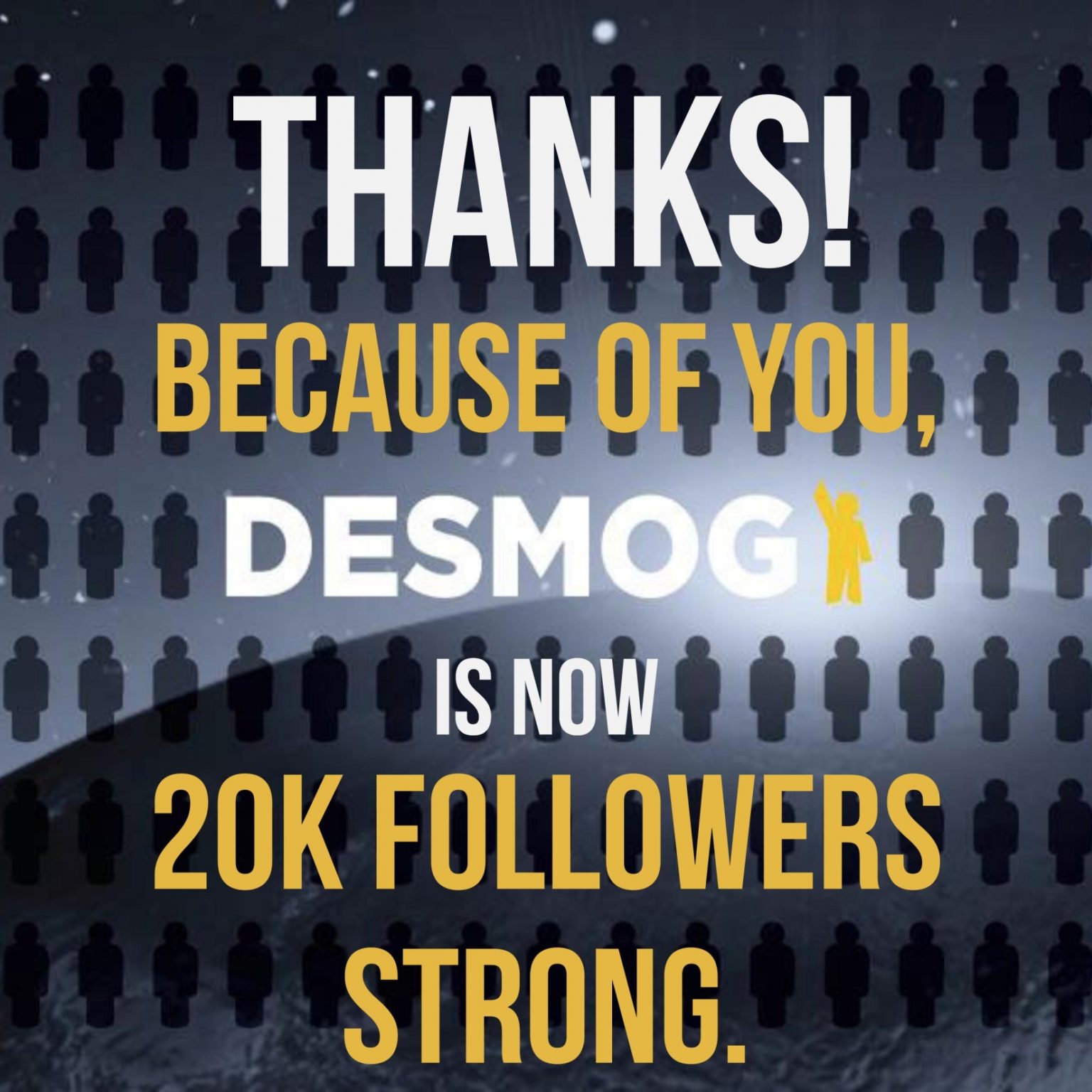There are many reasons to stand up for truth; to rally against misinformation; to make your voice heard. At DeSmog, we have several.
However, one of our primary drivers is holding government accountable to the people, not to the fossil fuel interests infiltrating the government. To celebrate DeSmog reaching 20,000 followers on Twitter, we want to know what your motivations are.
Hit us up on Twitter using the hashtag #ClimateMotivations. You can tell your story through text, imagery, or video. We’ll update this post with all the replies.
The motivations driving us to come together and demand more from our leaders, governments, and businesses, are many. Now, more than ever, is a time to unite those individual motivations into a powerful collective voice.
We look forward to hearing from you.
Subscribe to our newsletter
Stay up to date with DeSmog news and alerts







